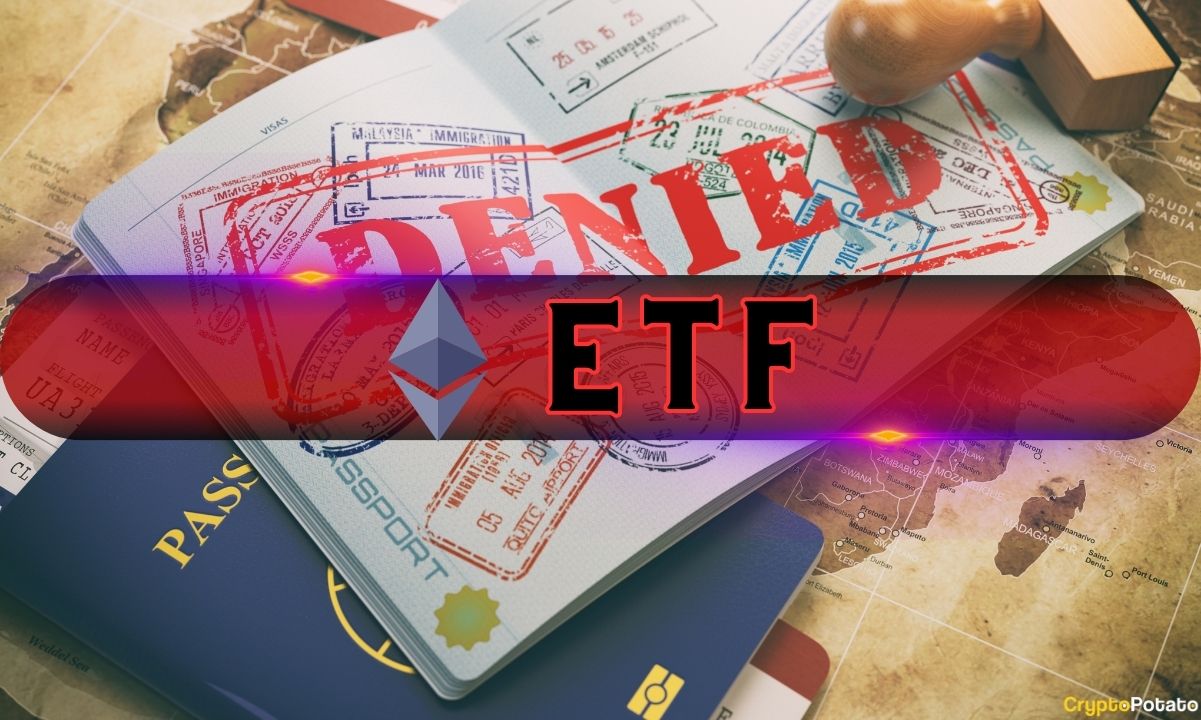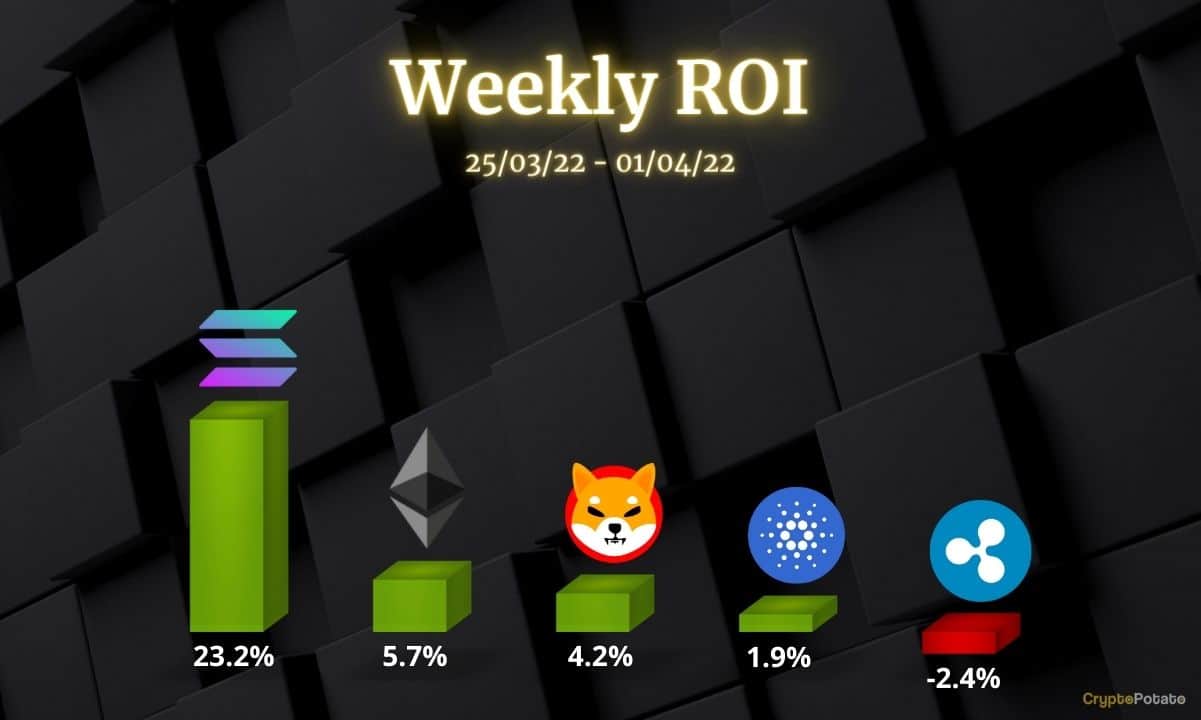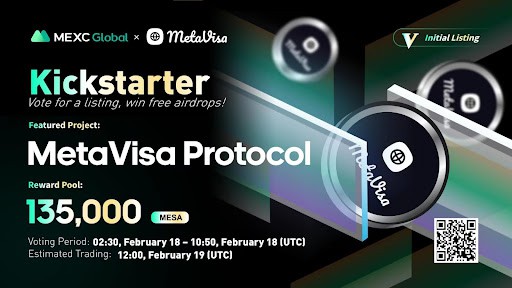AmazeWallet Pre-Launch Mining Skyrockets Quadruple Digits in 1 month
[PRESS RELEASE – London, UK, April 28th, 2023]
AmazeWallet has seen a significant increase in the number of miners using their mobile phones to validate transactions on AmazeChain, the app’s proprietary Layer 1 blockchain. The number of users running light nodes to decentralize and secure the network has shot up to over 11,000 during the past week. Light node technology makes it possible for anyone to validate the blockchain from anywhere in the world.
The 3,293% growth in the number of testnet miners validating transactions on AmazeChain is particularly impressive given the AmazeWallet app is yet to have its full launch, which is scheduled for mid-June. Overall, nearly 100,000 test users have downloaded the app since it launched on the testnet in November 2022.
The positive news comes amid other signs of strong pre-launch momentum for AmazeWallet. The company has already signed partnerships with OnRamp, a major DEX aggregation platform, two centralized token exchanges and a string of top international artists who will produce work exclusively for AmazeWallet’s native NFT marketplace.
Alongside these significant partnerships, AmazeWallet recently attended and presented at both the Global Blockchain Congress and ETH Dubai, where the wider Web3 world got to hear first-hand about the super-fast verification calculations that make mobile mining possible.
Until now, users have been testing the network’s capacity by staking testnet tokens. In turn, AmazeWallet is rewarding the top testnet miners with a Genesis NFT. It’s all in the name of a final stress test for AmazeChain’s advanced sharding technology, which is capable of processing over 300,000 transactions per second.
After more than six years of building and multiple technological breakthroughs, such as sharding, layering and ZK proofs, the ecosystem is nearly ready. Soon, users worldwide can contribute to network security and decentralization, in return for daily rewards in AMT tokens.
Truly Decentralized Tech
While older generation blockchains like Ethereum and Bitcoin offer a form of semi-decentralization, AmazeWallet ensures a true dispersion of power by spreading it globally, at a fraction of the costs we usually see with other chains, and with better performance. Unlike with the legacy networks, anyone can start securing the network, with their phone acting as a full node connected directly to AmazeChain. All they need to do is download AmazeWallet to their mobile and stake the native token AMT.
AmazeWallet COO Ed Ball sees the technological breakthrough as the new standard in blockchain capability, the next era of worldwide networks that everyone can participate in.
‘We’re excited for more people to join our beta test, run a node and try out this new technology. We’re bringing the benefits of blockchain to everyday users, not just the select few with coding knowledge. Everyone should trust their digital tools and we’re all entitled to self-sovereignty online. The new generation of infrastructure must be more efficient and mobile, easy to access for anyone.’
A worldwide team of more than 400 coding contributors began work on AmazeChain over six years ago, many of them alumni from tech giants like Google, Apple, Amazon, Tencent and Dell. With their vast shared experience, they identified older blockchains’ limitations, but also recognised their successes. They learned from both and made AmazeChain fully capable of dealing with users’ needs.
AmazeWallet is leading the industry forward with an easy-to-use, fully integrated ecosystem where application and blockchain work together in sync. The benefit for the users: blockchain security, transaction speeds for the modern world, and the chance to participate in the network in return for rewards. It’s everything people expect, just more.
AmazeWallet Features and Roadmap
AmazeWallet is a mobile app that acts as the portal to AmazeChain. It has four key features that cover the most important areas of the Web3 landscape:
- Mining: stake AMT, validate blocks, receive rewards.
- Wallet: hold and swap tokens across 60+ blockchains.
- NFTs: mint for free, build a following, trade digital assets.
- Messaging: 364-bit quantum-resistant chat between friends.
In time, AmazeWallet will add new features and upgrade the current ones. Although the app’s full launch is planned for the middle of June, the team is already planning AmazePay, for which they’ve recently been granted a license in Canada in preparation for testing. People will be able to integrate their crypto holdings into everyday life. Paying for groceries, buying food, transport, online goods and ordering that all-important coffee in the morning.
Every time users open the AmazeWallet app, they can validate blocks to receive daily AMT rewards. App users who have staked AMT can begin mining the native chain for daily mining rewards when the app launches on mainnet this quarter.
About Amaze
Amaze was founded in 2017 and is made up of 75 engineers, designers, marketers and executives. The ecosystem comprises a mobile app and blockchain. Together, the two products set a new standard for self-custodial management in digital life. The native AMT token was launched in 2023 and the AmazeWallet app will receive its full launch later in the year. Amaze places real ownership and control back in users’ hands, using Web3 technology that anyone can access. With AmazeWallet and AmazeChain working together in sync, people can curate their digital lives, securely and safely.
The post AmazeWallet Pre-Launch Mining Skyrockets Quadruple Digits in 1 month appeared first on CryptoPotato.









